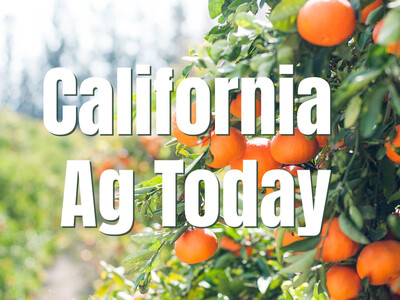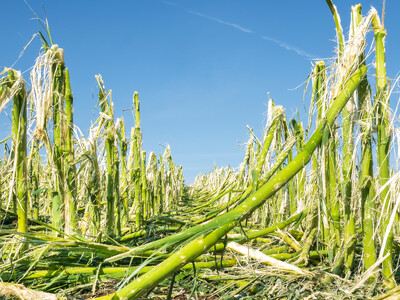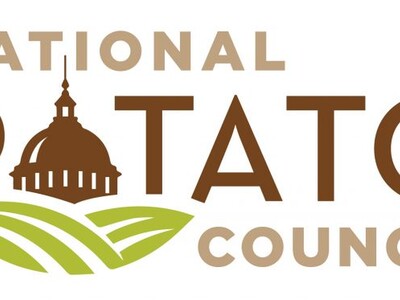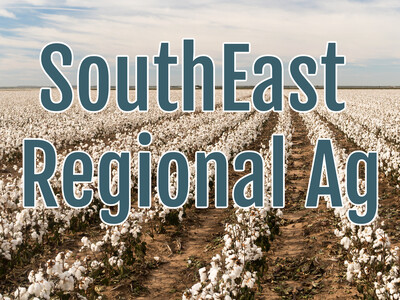Good Virus' & New Forest Management
Good Virus’ &
Scientists with the Agricultural Research Service have shown that enzymes from bacteria-infecting viruses known as phages could have beneficial applications for human and animal health. Phage enzymes called endolysins attack bacteria by breaking down their cell walls. Unlike antibiotics, which tend to have a broad range, endolysins are comparatively specific, targeting unique bonds in the cell walls of their hosts. This is significant because it means non-target bacteria could be less likely to develop resistance to endolysins.
Ag Secretary Tom Vilsack has announced a new direction and vision for
VILSACK: Climate change, catastrophic fires, diseases and pests have all led to declining forest health. We’re losing our privately owned working forest lands to develop and fragmentation at an alarming pace. All of these changes had enormous impacts on drinking water, greenhouse gas emissions, the climate, local economies and wildlife and recreational opportunities.
Now with today’s Food Forethought, here’s Lacy Gray.
I’m going to step out on a limb, and some of you may want to cut it off. Be that as it may, I have to ask the question, why do we feel the need to be so completely P.C. as to rewrite history? I’ve been struggling with this ever since reading the story on how the new
Thanks Lacy. That’s today’s Northwest Report. I’m Greg Martin on the Northwest Ag Information Network.














